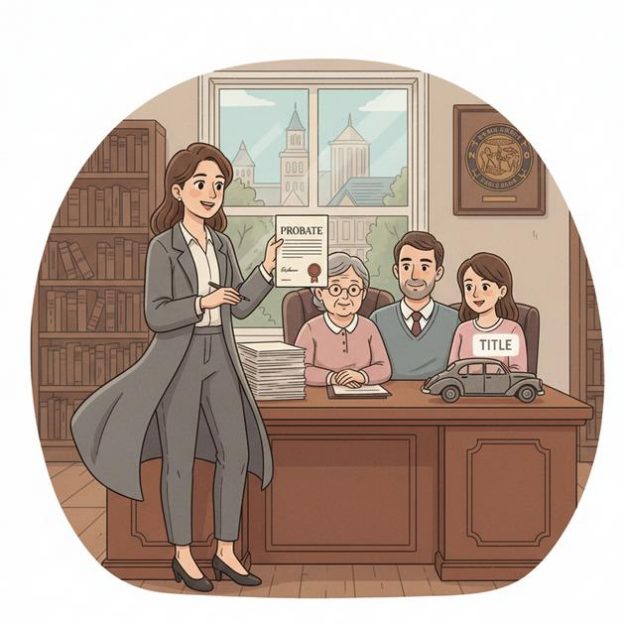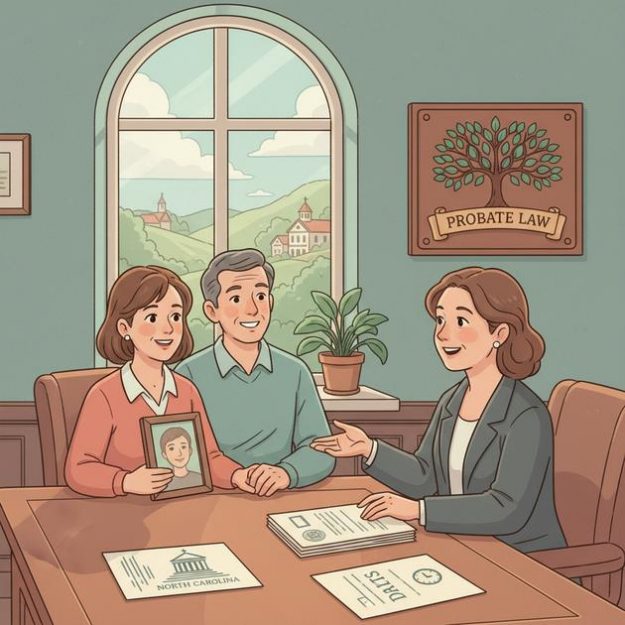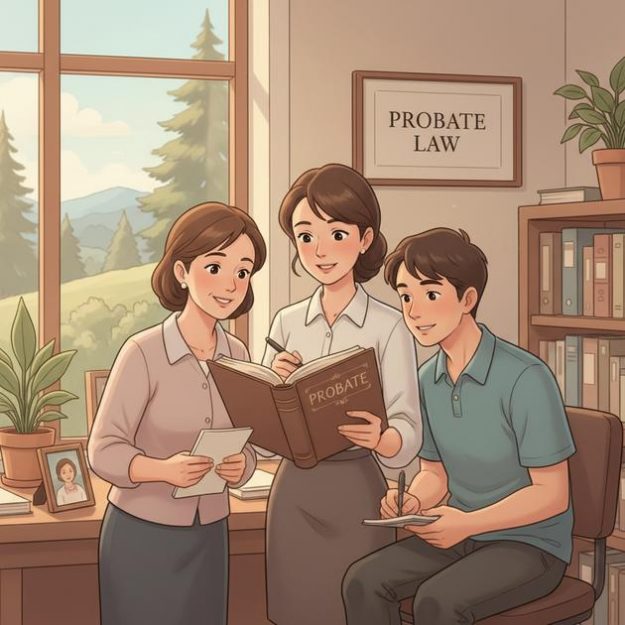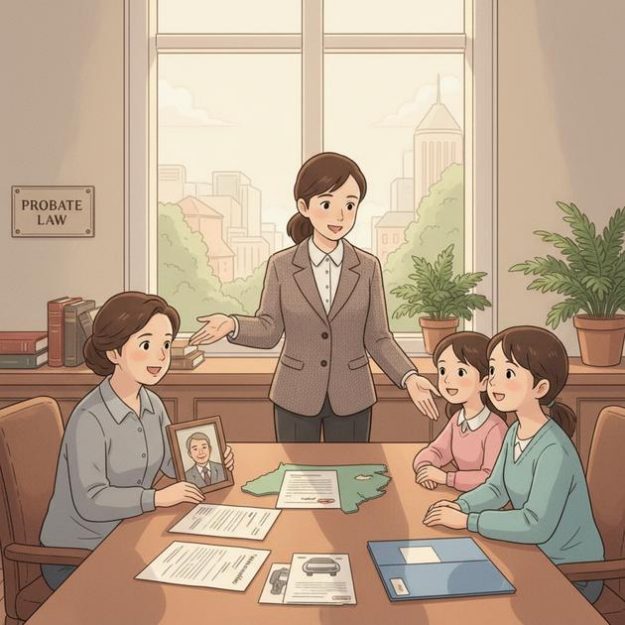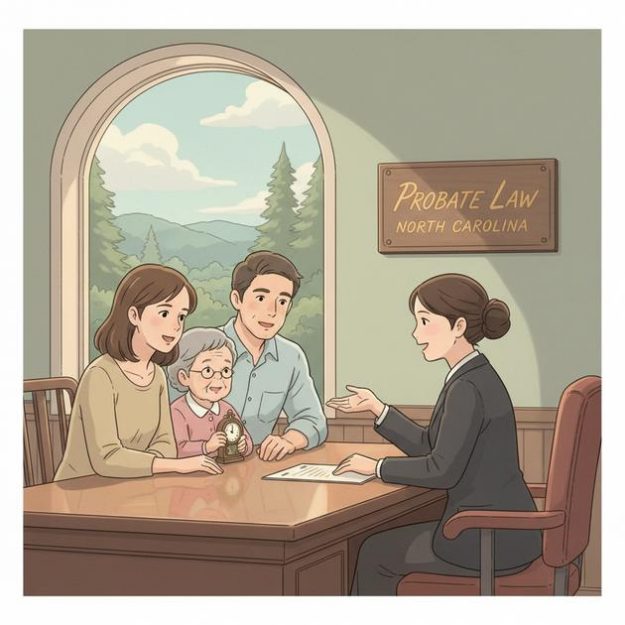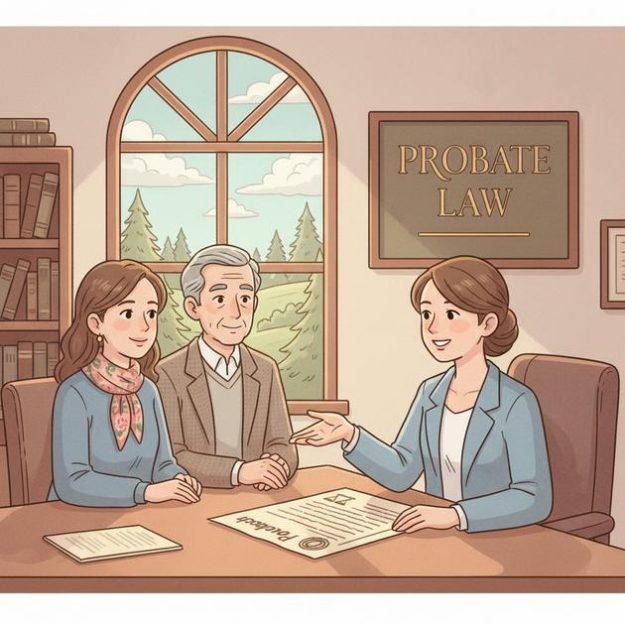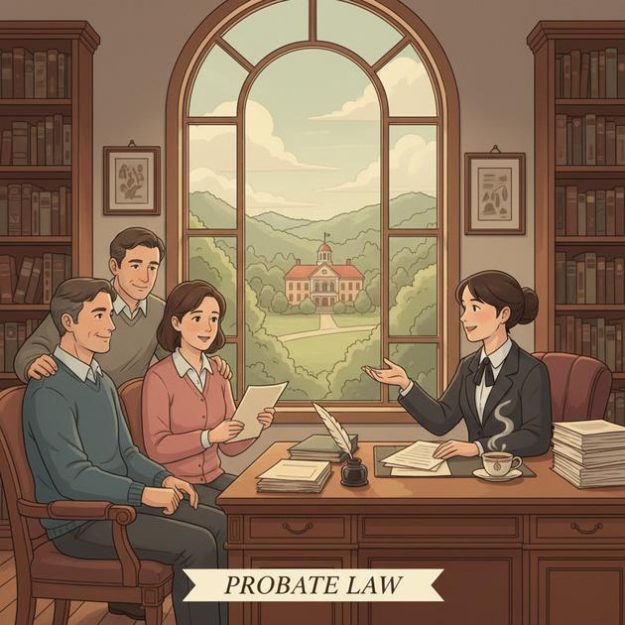Can I transfer car titles to family members now, or should I wait until the amended affidavit is accepted and file-stamped? NC
Can I transfer car titles to family members now, or should I wait until the amended affidavit is accepted and file-stamped? – North Carolina Short Answer In North Carolina, a person acting under the small-estate “collection by affidavit” process generally should wait until the Clerk of Superior Court has accepted the amended affidavit and provided…

